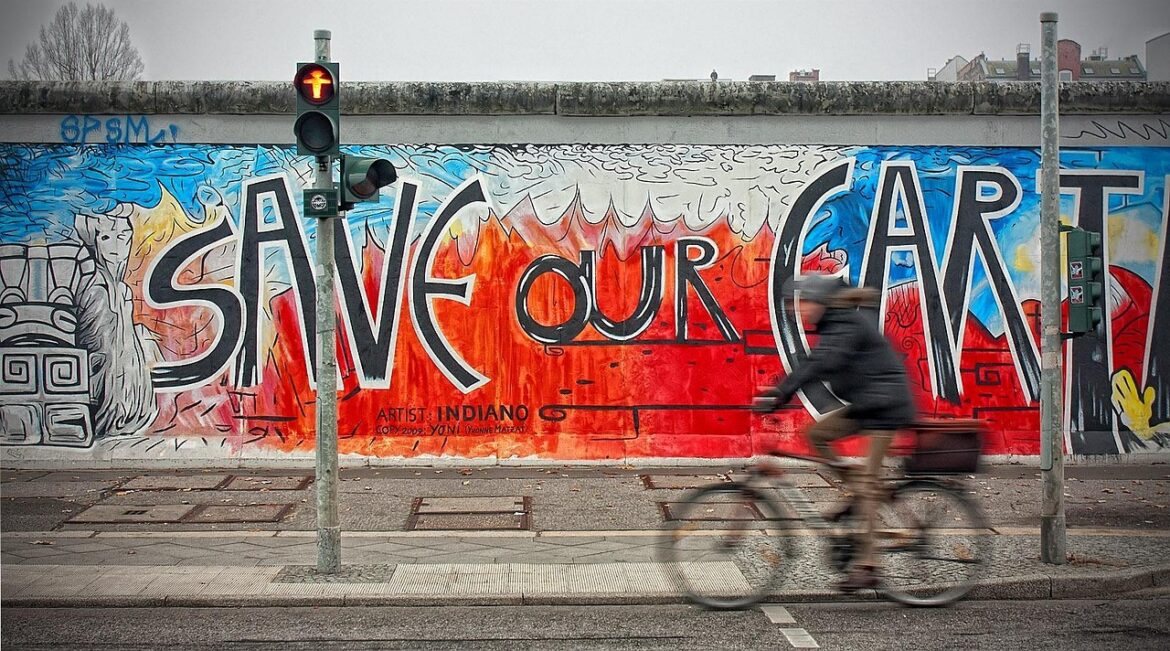Finance and politics are increasingly intertwined, shaping the global economic landscape. Here are some of the top stories making waves in this sphere
1. The Dollar’s Dominance Under Question
The era of the U.S. dollar as a global currency might be winding down. This shift is partly due to global economic dynamics, such as rising interest rates and the growing influence of other currencies. Economist Kenneth Rogoff has suggested that the dollar’s global footprint peaked in 2015 and has been in a gentle decline since then.
2. Debt Ceiling Looms Large
Concerns about the U.S. debt ceiling are mounting. Experts warn that the financial sector could face significant instability if the ceiling isn’t raised or suspended by mid-July. This critical moment is pivotal for maintaining investor confidence and avoiding a potential default.
3. Regulatory Overhaul in Finance
House Republicans are pushing for significant changes in financial regulations. They’ve requested the rollback of several Biden-era financial reforms, citing the need for thorough cost-benefit analyses. This move reflects broader debates about regulatory oversight in the banking sector.
4. Economic Anxiety and Politics
Recent polls reveal widespread economic anxiety among Americans, with many fearing a recession. The stock market’s performance and personal finances are major concerns, with mixed views on who is responsible—whether it’s Trump or Biden. This anxiety is influencing political discourse and policy discussions around economic recovery and growth.
5. Fiscal Policy Proposals
President Trump has proposed expanding tax cuts from the 2017 Tax Cuts and Jobs Act. These proposals include eliminating income taxes on tips and encouraging businesses to move to the U.S. The implications of such policies are being weighed against broader economic challenges and budgetary constraints.
These stories highlight how financial policies are being crafted and debated at the highest political levels, reflecting the complex interplay between economic stability and political decision-making.
References:
- https://today.yougov.com/politics/articles/52123-approval-donald-trump-recession-fears-financial-anxiety-economy-grading-universities-may-2-5-2025-economist-yougov-poll
- https://www.fec.gov/updates/week-of-may-5-9-2025/
- https://news.harvard.edu/gazette/story/2025/05/era-of-u-s-dollar-may-be-winding-down/
- https://fortune.com/2025/05/09/debt-limit-x-date-august-congress-extraordinary-measures-treasury-bonds-default/
- https://www.dlapiper.com/insights/publications/bank-regulatory-news-and-trends/2025/bank-regulatory-news-and-trends-may-2025
- https://www.aeaweb.org/full_issue.php?doi=10.1257%2Fjep.39.2
- https://argentfinancial.com/argent-insights/market-update-may-2025/
- https://www.congress.gov/event/118th-congress/house-event/LC74231/text


